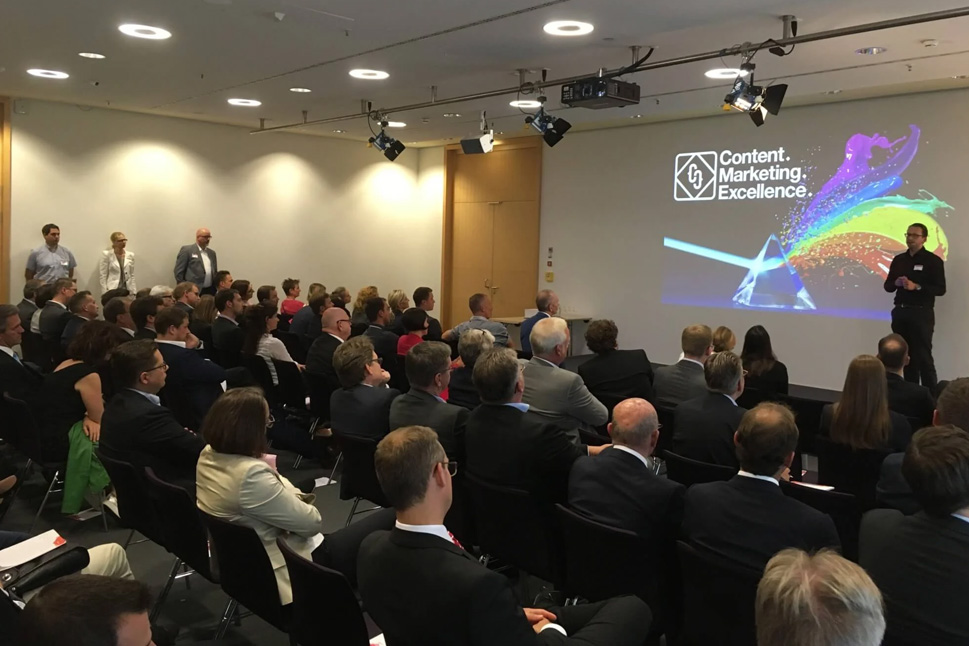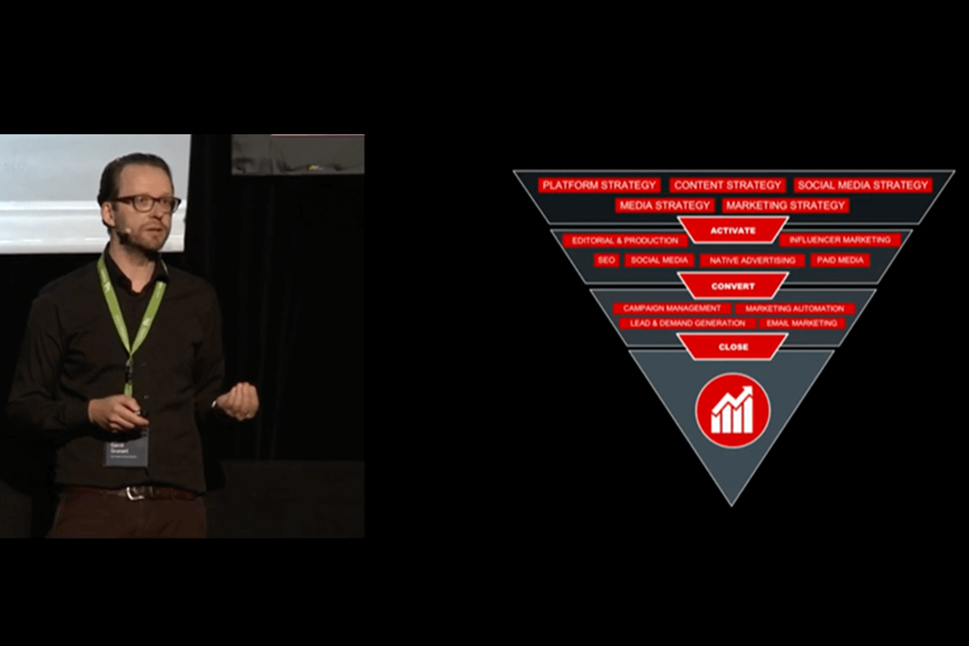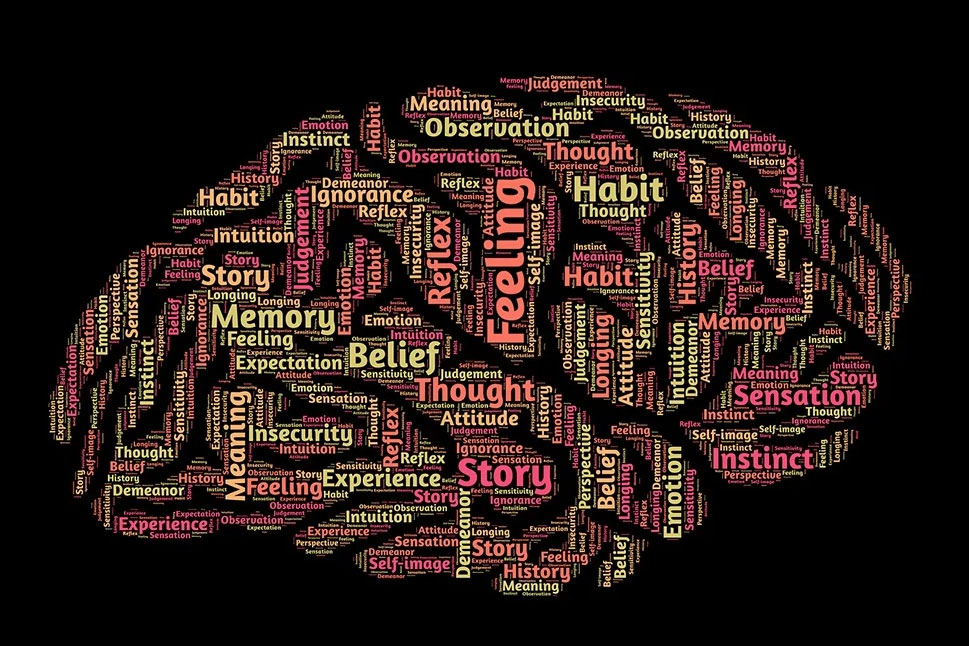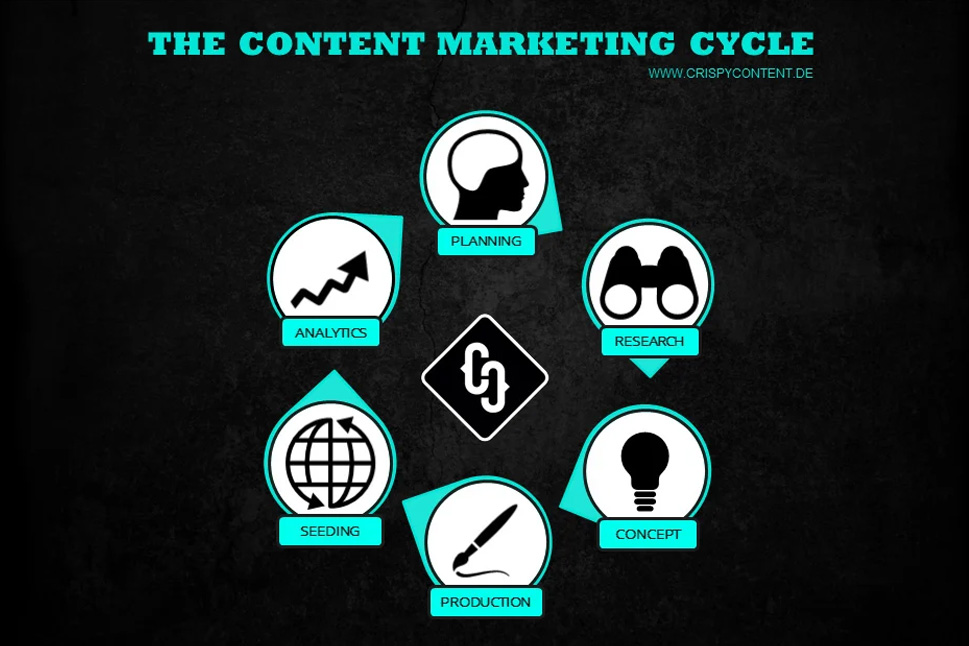Agents, Not Ads: Browsers Are Transforming Marketing Strategies
Last updated on November 3, 2025 at 07:00 AM.For over two decades, browsers have shaped digital marketing and content strategies primarily as advertising platforms. Every innovation from tabs and infinite scroll to personalized recommendations has aimed to keep users engaged on websites as long as possible to maximize ad exposure. This fundamental logic has rarely been questioned. Now, however, a paradigm shift is underway: emerging browser solutions are focusing on direct task execution, eliminating the need for users to visit individual pages altogether.
Agents Take Over Tasks and Reset User Expectations
Next-generation browsers are evolving into digital agents, seamlessly executing tasks such as booking flights, purchasing products, or scheduling meetings on behalf of users. Clicks, pageviews, and ad banners disappear from the user journey. Where every digital touchpoint was once counted and monetized, the new metric becomes singular: Was the task completed or not?
Traditional business models for media companies and digital enterprises have relied heavily on pageviews, click-through rates, and ad impressions. Budgets are allocated where measurable reach exists. Agent-based browsers, however, introduce a new paradigm, compensation based on completed tasks. Publishers are rewarded when their content enables an AI or agent to facilitate a transaction. Mere visibility is no longer enough to generate revenue.
Industry Experts Must Rethink Content Strategies
This shift from pageviews to completed actions impacts more than just publishers, it affects the entire digital marketing ecosystem. Conventional SEO tactics and content strategies focused on maximum visibility and clicks are under pressure. Content that is not optimized for agent consumption loses both relevance and revenue potential.
Content must now be machine-readable, unambiguous, and action-oriented. Classic storytelling formats and reach-driven articles are losing ground, as they hold little value for digital agents. Organizations that deliver clearly structured data, provide precise instructions, and establish interfaces for agent integration will gain a significant competitive edge.
Navigating the Transformation: Key Challenges
This transformation brings a host of challenges. Existing content structures must be migrated to machine-readable formats. Outdated SEO techniques will lose relevance, while new competencies such as data modeling, API-based content creation, and the development of canonical data sets will become critical. Simultaneously, companies must ensure that brand quality and identity remain visible, even as content is consumed automatically.
Sustainable content strategies should focus on:
- Structured Knowledge: Deliver content in clearly defined formats that agents can understand and process.
- Clear Action Instructions: Anticipate user intentions and translate them into executable tasks.
- Machine Readability: Leverage Schema.org, JSON-LD, and open APIs.
- Quality Assurance: Ensure brand values and messaging are preserved, even in fully automated, machine-driven environments.
A Practical Example from Current Developments
A recent case underscores these shifts: Perplexity developed its own browser solution after a failed attempt to acquire an established browser. The rationale: a browser dependent on ad revenue cannot pivot radically to task completion without jeopardizing its business model. Perplexity’s new system shares 80% of subscription revenue with content providers whose data powers completed tasks. The implication: those optimizing content for agents benefit, while those relying on SEO for pageviews lose out.
Taking the First Steps Towards the New Content Economy
A phased approach is recommended for organizations aiming to adapt:
- Analyze the Existing Content Landscape: Identify which content is suitable for machine consumption.
- Build Structured Data Models: Implement Schema.org, JSON-LD, and APIs.
- Develop Use Cases: Determine which tasks agents can perform for your users.
- Test and Optimize: Launch pilot projects with machine-readable content and agent interfaces.
- Ongoing Market Research: Monitor emerging platforms and agent-based browser solutions.
Partnerships Drive Sustainable Change
The shift to agent-based browsers demands expertise in content structuring, data management, and translating user needs into machine-readable formats. Deep experience at the intersection of creativity, analytical skills, and industry insight is essential to guide organizations through this transition. The ability to demystify methods, decode marketing mechanics, and clearly communicate trends is a critical success factor.
 Gerrit Grunert
Gerrit Grunert
Gerrit Grunert is the founder and CEO of Crispy Content®. In 2019, he published his book "Methodical Content Marketing" published by Springer Gabler, as well as the series of online courses "Making Content." In his free time, Gerrit is a passionate guitar collector, likes reading books by Stefan Zweig, and listening to music from the day before yesterday.
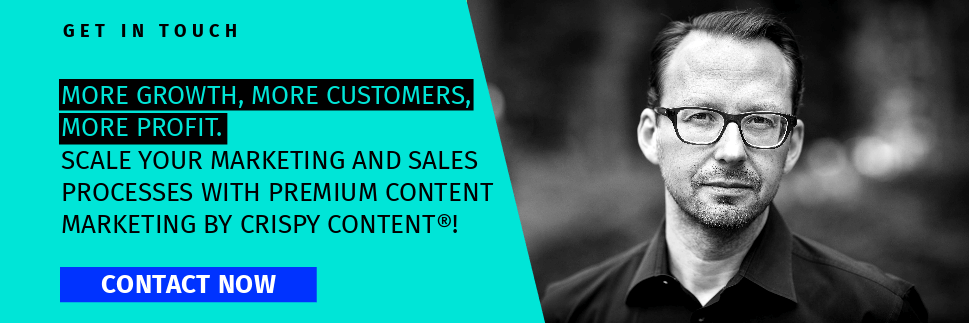






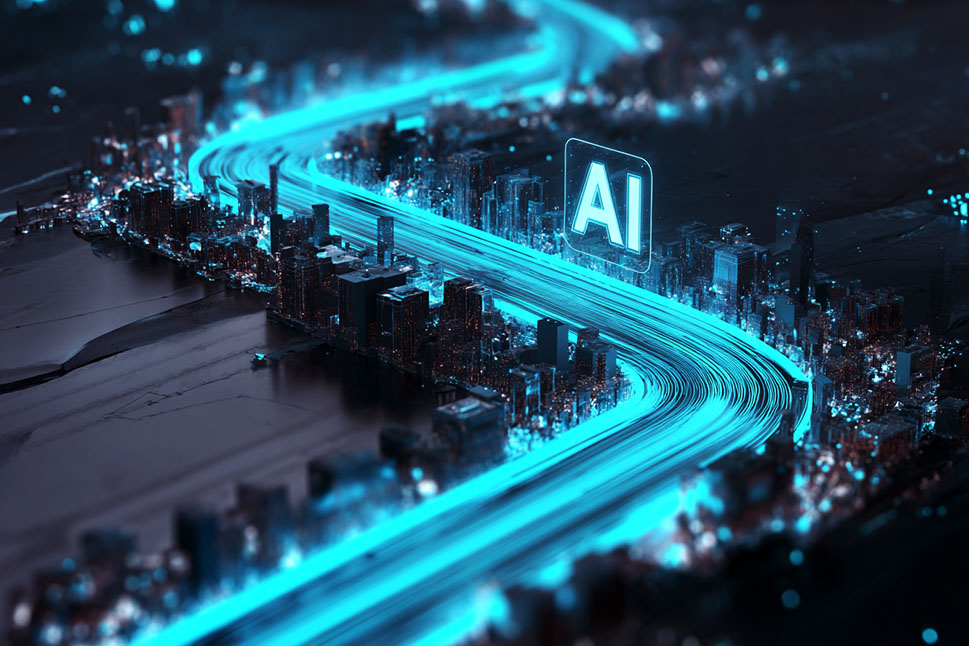




.png)











.jpg)

-1.jpg)

-1.jpg)
.jpg)



.jpg)













.jpg)







.jpg)



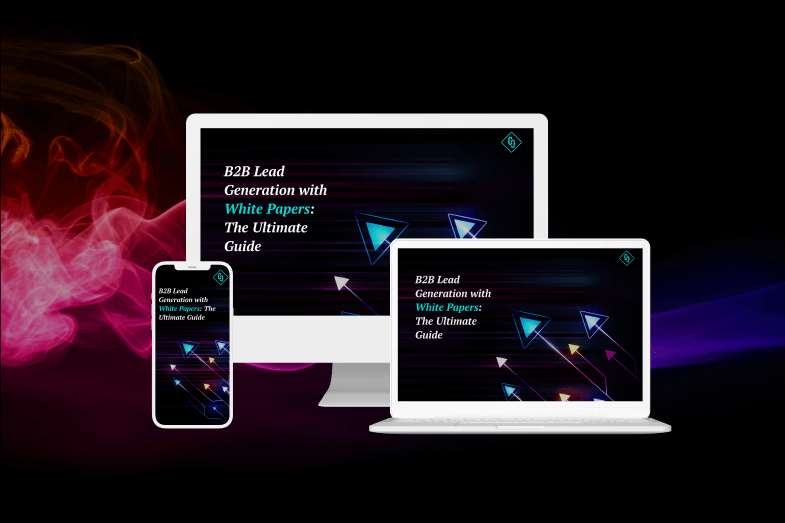





























.jpg)
















